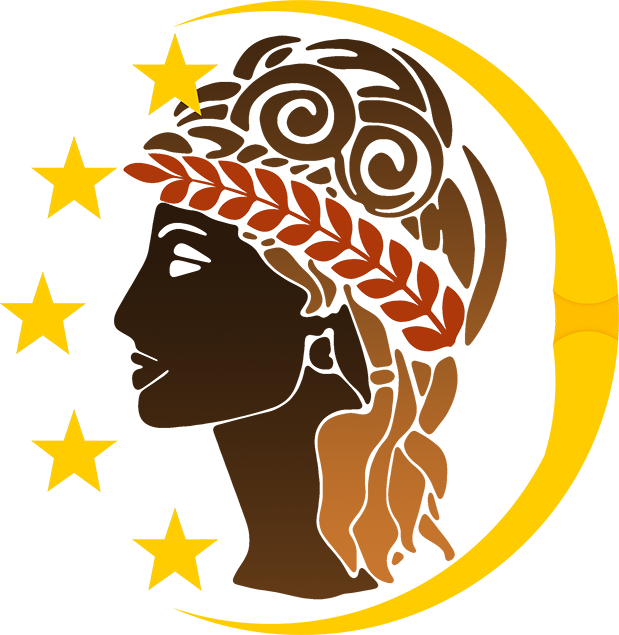During the COVID-19 pandemic, especially during the lockdown, there was an increase in partner violence in all EU Member States and globally.
The Autonomous Women’s House Zagreb conducted the research “Partner violence against women during the COVID-19 pandemic” with a view to provide an insight into what was happening behind closed doors.
The results of the research show that for a third of women at the time of the pandemic, violence was more frequent and intense than usual, and new, very specific forms of violence emerged. Due to the pandemic, physical violence also appeared in relationships that had not existed before. A new type of abusive behavior during a pandemic is endangering health. The pandemic only exacerbated pre-existing differences in the division of family affairs and further burdened women.
In particular, the research showed that:
- Verbal attacks, threats, emotional abuse and social isolation were particularly common.
- The pandemic only intensified the already existing differences in the division of family obligations and additionally burdened women.
- New types of abusive behavior have emerged – endangering women’s health during the pandemic. 26.7% of female respondents stated that the abusive partner prevented them and their children to respect security measures and wear masks, 10.3% of respondents said that their partner threatened to spread the disease by intentionally sneezing and coughing towards them and children, 20.7 % of respondents stated that their partner forbade them and the children to leave the household.
- The actions of the institutions were inadequate and victims of GBV were not given adequate protection during the pandemic.
- Psychological health and resources of women have been severely impaired as a result of the abuse and pandemic.
The results from the research point that the institutions were not prepared to provide adequate support to women victims of violence and that alternative methods of support need to be developed in order to ensure timely and effective support and assistance to women survivors during the pandemic and its aftermath.







Recent Comments